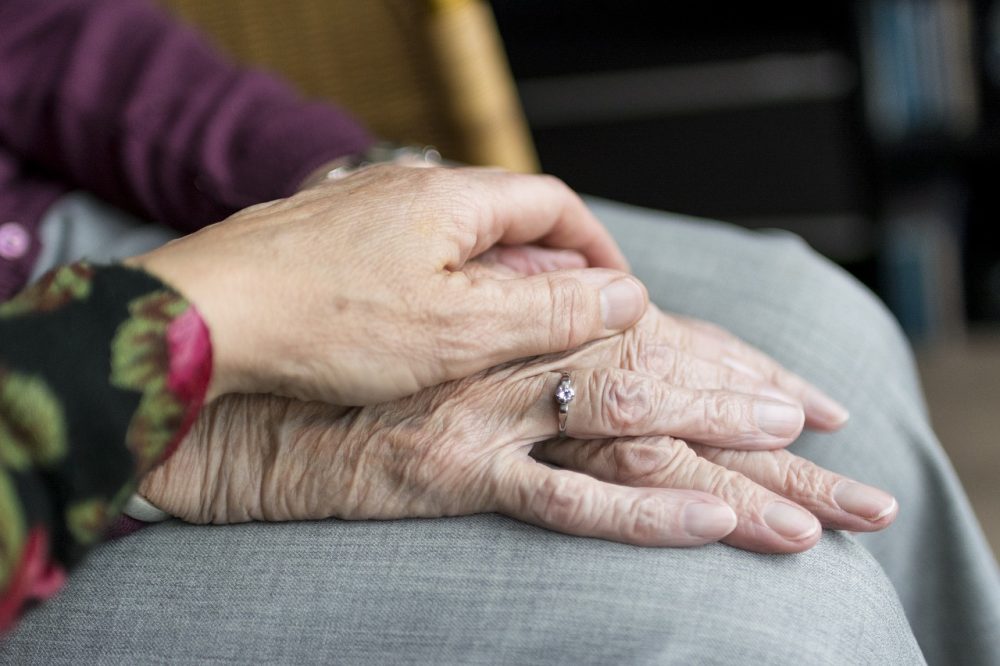My family member has died without a Will – where do I start?
 When family members die without a Will, it can be hard to know where to start, especially when you might also be dealing with grief and stress. In this article we briefly outline the things you might want to consider if you find yourself in this unfortunate position.
When family members die without a Will, it can be hard to know where to start, especially when you might also be dealing with grief and stress. In this article we briefly outline the things you might want to consider if you find yourself in this unfortunate position.
The Estate – Assets & Liabilities
When someone dies, the assets become their “Estate”. The “assets” are the things owned by that person and could be their real property (house/land/etc), bank accounts, cars or vehicles, shares, and personal items.
Sometimes joint assets (like bank accounts) don’t form part of the Estate, as they pass to the other joint owner by default. That also applies for real property held as “joint tenants”, but real property held as “tenants in common” will form part of their Estate.
Life insurance and superannuation might be paid to the Estate, or might be paid direct to specific persons bypassing the Estate. Family trusts, companies or partnerships might also need to be considered.
Liabilities of the Estate can include:
- reasonable funeral & cremation costs;
- legal costs;
- existing debts – e.g. a car loan, mortgage;
- unpaid tax.
Payment of liabilities are a priority in management of the Estate. In some cases, it is not appropriate to use life insurance or superannuation to pay funeral costs. It is important to seek advice if the assets may be insufficient to pay all liabilities.
If there are no or very minimal assets, State or Territory government programs can help cover funeral costs in certain circumstances, such as Funeral Assistance SA in South Australia.
Beneficiaries of the Estate will only receive an inheritance if there are assets left over once all liabilities are paid.
Beneficiaries
When a person dies with no Will, they are described as having died “intestate”. In that situation each State and Territory has different laws setting out who is entitled to share in the Estate. This can be the case despite any estrangements or separations. Unfortunately, dying without a valid Will often means that your assets will not be distributed in line with your wishes.
This can change if anyone makes a claim for further provision from the Estate. You can read a recent blog about intestacy here.
Finding details of Assets & Liabilities
Someone might have been managing the deceased person’s affairs before they died, for example via a power of attorney, having been appointed administrator by SACAT or an equivalent tribunal, or even just informally. That person might know which institutions to approach for information.
The deceased’s filing and personal papers might include bank statements or letters from such institutions.
If you have no idea where to start, the online Australian Death Notification Service can be useful. This is a free government initiative to help people advise multiple organisations with a single notification.
Managing the Estate
Until the assets and liabilities are known it is often advisable to be cautious about putting yourself forward as representing an Estate, to avoid unwittingly taking on the various responsibilities that come with the role.
Do I need to involve the Public Trustee?
This is a question we often get asked when someone passes away without a Will. The short answer is, in South Australia, if a Grant of Letters of Administration is required (which isn’t always the case), there is a requirement to submit a report to the Public Trustee 6 months later, which incurs an examination fee.
There is often a concern too that the estate will end up in the hands of the government if there is no Will. Again, this isn’t correct in most cases. In South Australia this only happens if there are no close relatives. However, if any beneficiaries are under 18 and a Grant is required, Public Trustee will manage their inheritance in the interim unless a court order is obtained.
Get in touch!
Tindall Gask Bentley’s Wills & Estates team can help you if you find yourself in the position of dealing with the death of a family member who does not have a Will. Contact the author on (08) 8393 0605 or aosborn@tgb.com.au, or any one of our experienced and caring lawyers in SA, WA, NT or QLD on 1800 730 842.